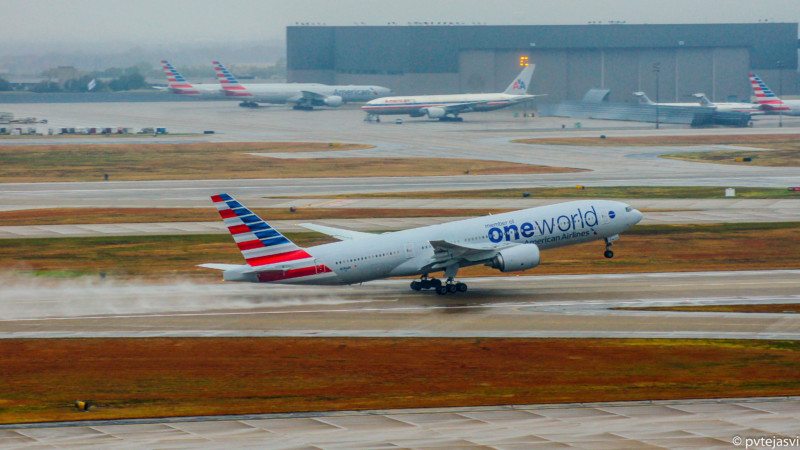The coronavirus pandemic has directly resulted in nearly 95 percent decrease in air travel in the United States and Europe as countries have strengthened lockdowns and driven international travel to a seeming halt. Just look at the number of people the TSA screened this past Wednesday compared to a year ago according to a TSA representative:
BREAKING NEWS: Passenger throughput at @TSA checkpoints remained below 100,000 on Wednesday when 94,931 individuals were screened at TSA checkpoints nationwide. Exactly one year ago Wednesday, 2,229,276 people went through security checkpoints.
— TSAmedia_LisaF (@TSAmedia_LisaF) April 9, 2020
Anyway, I was reading a very interesting article by Engadget this morning that I thought I would share. According to the article, one of the unforeseen consequences of commercial air travel slowing down is weather becoming harder to predict. While satellites used to map out the Earth’s atmosphere and forecast cloud movements are unmanned or largely automated, the National Oceanic and Atmospheric Administration (NOAA) indicates that commercial aircraft provide an estimated 250 million observations per year. These observations include air pressure, temperature, wind speed, wind direction, and humidity. According to the same source (the NOAA), daily commercial air traffic over the US fell by nearly 50 percent.
While the article states that the overall effect on weather forecasting is mostly “modest”, let’s not forget the fact that avoiding turbulence also depends on these critical observations. How many times have you heard the captain mention that aircraft ahead are indicating some choppy air? I bet it’s a quite a few number of times.
Anecdotal evidence aside, Delta Airlines has even indicated that they use such data to reduce bumps during flights and increase passenger comfort. I’m no expert meteorologist or pilot, but you have to wonder if there are fewer flights in the air and fewer data points overall, that turbulence may be slightly worse than normal for those traveling during the coronavirus.
By no means is this expected to make a marked difference in air safety because this data is really only 1 percent of the total data used to predict weather and air turbulence. However these are just some thoughts that came to mind while reading this article.
What are your thoughts? Do I have any pilots out there with more insight on this?


